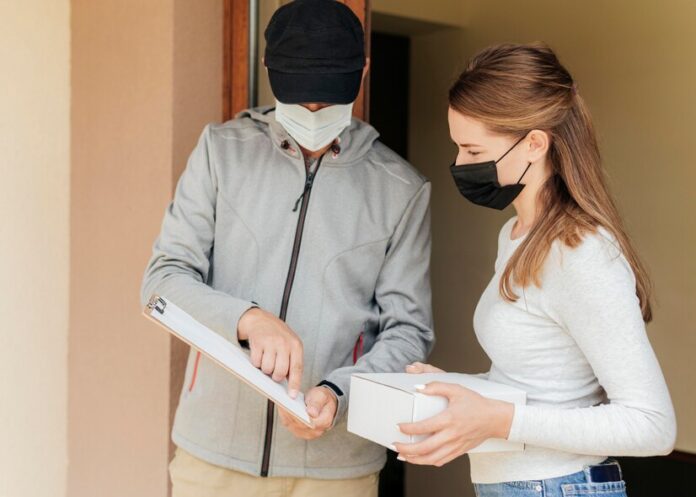Specific scenarios in which people or groups must evacuate a particular area because of impending risks or dangers. Several things, such as artificial events like chemical spills, industrial accidents, or civil unrest, or natural disasters like hurricanes, wildfires, floods, and earthquakes can cause these situations.
“In 2005, during Hurricane Katrina, New Orleans Mayor Ray Nagin urged residents to evacuate with the famous words, “This is the storm of the century.” The hurricane led to over 1,200 fatalities and extensive destruction, emphasizing the importance of informed evacuation decisions. The event underscored challenges in evacuation efforts and highlighted the need for effective planning during natural disasters.”
ASPIS Emergency Preparedness examines the variables that must be considered when making these choices. Making wise choices during evacuation has become more critical in a world of uncertainties and unanticipated difficulties. It’s a sudden decision to stay or evacuate.
Knowledgeable Choices in Evacuation Situations
“A study by the Federal Emergency Management Agency (FEMA) found that people with a designated meeting place outside their home are more likely to evacuate during a disaster. The study found that 86% of participants with a designated meeting place evacuated, compared to 62% of those who did not have a designated meeting place.”
Recognizing the Hazards
The main thing to know and understand initially is the dangers connected to the evacuation scenarios. Natural catastrophes like hurricanes, wildfires, and floods can immediately endanger people’s lives and property. However, evacuation may be necessary during the pandemic to stop the spread of contagious diseases.
Being Ready and Making Plans
Careful planning and preparation are critical to making wise decisions in these circumstances. It is recommended that both individuals and communities create evacuation plans well in advance, including escape routes, agreed-upon meeting locations, and communication tactics.
Keeping an eye on official guidance
Governmental emergency services are vital during evacuation scenarios because they provide correct, timely information. Making educated decisions requires monitoring official directives, such as evacuation orders, weather forecasts, etc. Monitor emergency alert systems and local news stations to stay current on the most recent information and instructions.
Personal consideration
Families and individuals must consider whether to leave or stay in that situation. Members consisting of small children, aging family members, or those with special needs should all be considered while making certain decisions. Also, consider the availability of resources like medical supplies and transportation.
Resources and Assistance from the Community
In times of disaster, communities unite and support one another. Evaluating the accessibility of neighborhood shelters, emergency services, and neighborly support might significantly influence the choice. Working together and taking initiative can improve everyone’s general safety and well-being.
The Final Verdict
“73% of people reported feeling more confident in their evacuation decisions when they had access to accurate and timely information.”
ASPIS Emergency Preparedness helps make certain decisions, such as remaining or leaving in the event of an emergency. Since it is a complex and complicated procedure, its decision must be taken wisely. It also helps individuals remain vigilant, organized, and secure during disasters.
